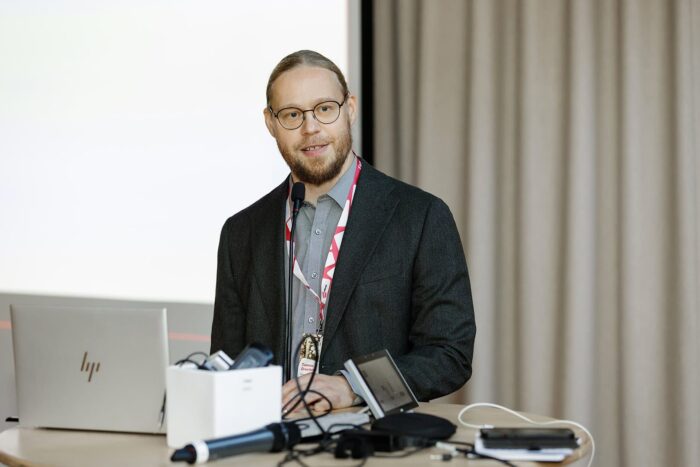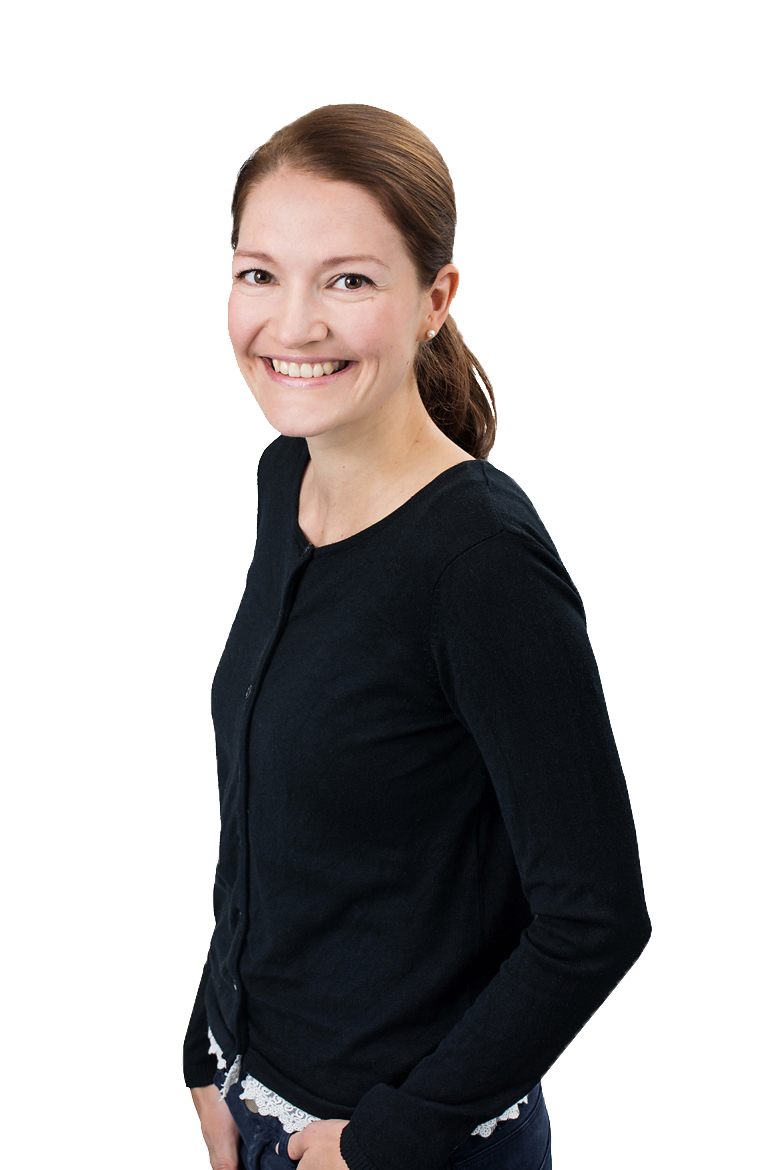Customer Needs at the Centre of Patient Dynamics Development
Medaffcon develops the Patient Dynamics tool based on customer feedback and user experience.
Medaffcon is well up to speed – even one step ahead of others, when it comes to Real World Evidence. Medaffcon is heading towards the right direction, as the use of Real World Data is becomings more common. This is the conclusion of Medaffcon’s Tanja Nieminen and Heini Honkanen, who participated in the ISPOR Congress focusing on health economics and health technology assessments in November.
Medaffcon’s experts in health economics, Tanja Nieminen and Heini Honkanen, returned contented to Finland after the ISPOR Congress in Vienna. In the three-day event, they became convinced that the priorities of Medaffcon’s activities are correctly placed: the work is up to speed and even one step ahead of many others. The use of Real World Evidence is becoming more common in order to support pharmaceutical market access and assessments.
The focus of the ISPOR Congress (Professional Society for Health Economics and Outcomes Research) is in health economics and health technology assessments. Its main focus is on health economic studies, modelling and methods. The aim of ISPOR is to promote knowledge in health economics in order to improve health-related decision-making and thus people’s health.
This year, the key theme of the congress was the use of evidence in pharmaceutical market access, such as the use of Real World Evidence (RWE) in economic evaluations.
– If health economists go to congresses, they should be at ISPOR. The extent of health economic knowledge is huge, and there are excellent possibilities for networking, says Nieminen.
According to Nieminen, discussions with other participants are as important as listening to presentations and lectures. It pays off to continue on the themes of the concise presentations in the discussions.
Nieminen and Honkanen met Medaffcon’s cooperation partners and created new acquaintances in the congress.
– In Finland, Medaffcon has a long history of conducting studies based on Real World Evidence and thus of utilising Real World Data. Understanding and knowledge are evolving and the needs are changing. We aim to meet the needs, tell Honkanen and Nieminen.
Lately, Medaffcon has started to use Real World Evidence in a new manner, in the form of so-called virtual control arms. A virtual control arm is essential when a clinical study does not include a comparator and it is not possible to recruit a control group.

– These issues were also discussed at ISPOR and we found out that our knowledge and experience are already at a high level. In some countries, the methods are not in use in the same manner. Experience in statistics and data analytics is necessary, says Nieminen.
She states that international projects utilise local know-how on data sources and assessments are conducted with unified methods, which is necessary. For customers, this results in time-savingswith one point of contact even though the study is being conducted in several countries.
Medaffcon’s cooperation partner NHTA from Denmark was also at the ISPOR congress. For customers, the partner network brings added value to the activities and cooperation, through which Medaffcon can serve their customers better and more extensively in the Nordic countries with regard to, for example, market access, health economic assessments and other services.
– Through us, customers can also conduct studies and assessments in other Nordic countries. This is such a new issue that not everyone is aware of it yet. It can become necessary, for example, if the n number of the disease is small. Hence, we can combine several countries and receive a larger number of patients, says Nieminen.
Source: ISPOR Top 10 Health Economics and Outcomes research Trends report

Medaffcon develops the Patient Dynamics tool based on customer feedback and user experience.

Patient Dynamics tool compiles up-to-date and regional data on medicine use in Finland and Sweden.

The aim of the cooperation is to harmonize processes and produce joint assessments that each country can use in its own decision-making.

Senior Health Economist
MSc (Health Economics & Economics)
Tanja joined Medaffcon’s team in November 2016. Before that, she worked as a researcher at the National Institute for Health and Welfare. Tanja has also worked in an international research group, as a course instructor as well as in financial administration and customer service. She holds MSc degrees in both Health Economics and in the field of Economics and Business Administration.
Tanja’s strengths include her educational and occupational background in health economics from Finland and abroad. Tanja has a special interest in utilizing real-world evidence data to be used in evaluations. “By utilizing data resources to support decision-making we become more aware of how scarce resources should be allocated”.